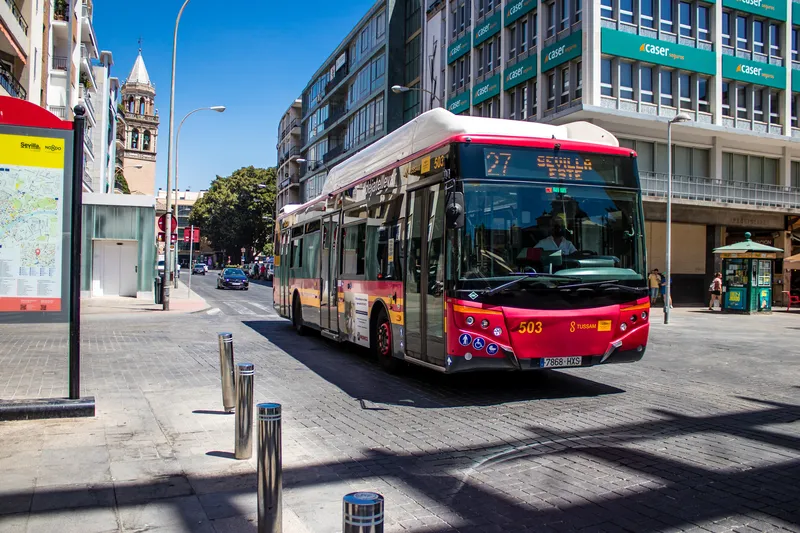
The Metropol Group, a public transportation operator in Latin America, has selected Optibus planning, scheduling and electric vehicle management for its bus operations in Santiago.
The Metropol Group operates within Red Metropolitana de Movilidad, the Chilean capital’s public transit system. Metropol will leverage Optibus’ cloud computing and artificial intelligence to improve service efficiency for 700 public buses and the charging strategy for 370 electric buses.
In operation for 26 years, Metropol provides public transportation services across Argentina and Chile for more than 230 million annual passengers. In 2022, it expanded to Santiago, becoming one of the city’s eight public transportation operators. In Santiago, it operates 51 routes and seven terminals, including two electric terminals. Its services support the Red system in transporting 950 million passengers each year.
Optibus’s solutions support efficient management of electric buses, including battery monitoring, charging schedules, mixed fleets (electric and diesel) to reduce emissions. The move will support Santiago’s push to fully electrify their bus fleet by 2040. Its AI-powered optimisation will reduce planning time, improve resource allocation for drivers and vehicles as well as enable rapid, dynamic adjustments based on real-time demand.
The result is more reliable schedules and efficient routes daily passengers across municipalities such as Huechuraba, Renca, Puente Alto and San Bernardo.
The implementation of Optibus strengthens Metropol’s collaboration with the city’s transportation authority, Metropolitan Public Transport Directorate (DTPM), which uses Optibus to plan the city's public bus services. With both entities now using Optibus’ software platform, public-private coordination will improve significantly. This ensures more synchronised planning for Santiago’s expansive bus network - one of Latin America’s most advanced systems with nearly 7,000 buses, including over 2,500 electric.
“Public transportation networks are complex systems. To run at optimal performance for the benefit of passengers and EV infrastructure, all stakeholders’ activities and plans must be aligned,” said Amos Haggiag, Optibus CEO and co-founder.
Apart from being used by operators Metropol and DTPM, the software is used by Redbus Urbano, a Transdev operation and key operator of the RED network. RBU uses Optibus to manage its electric bus fleet and improve its passenger services.









